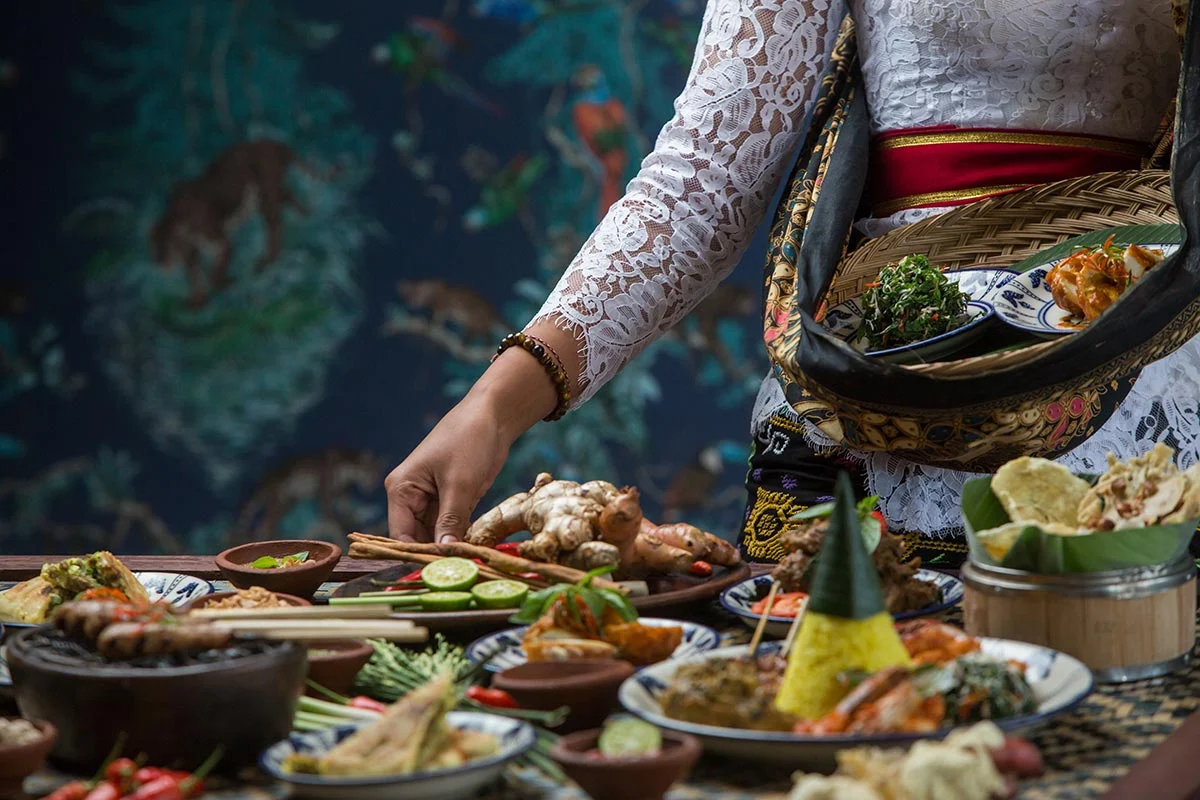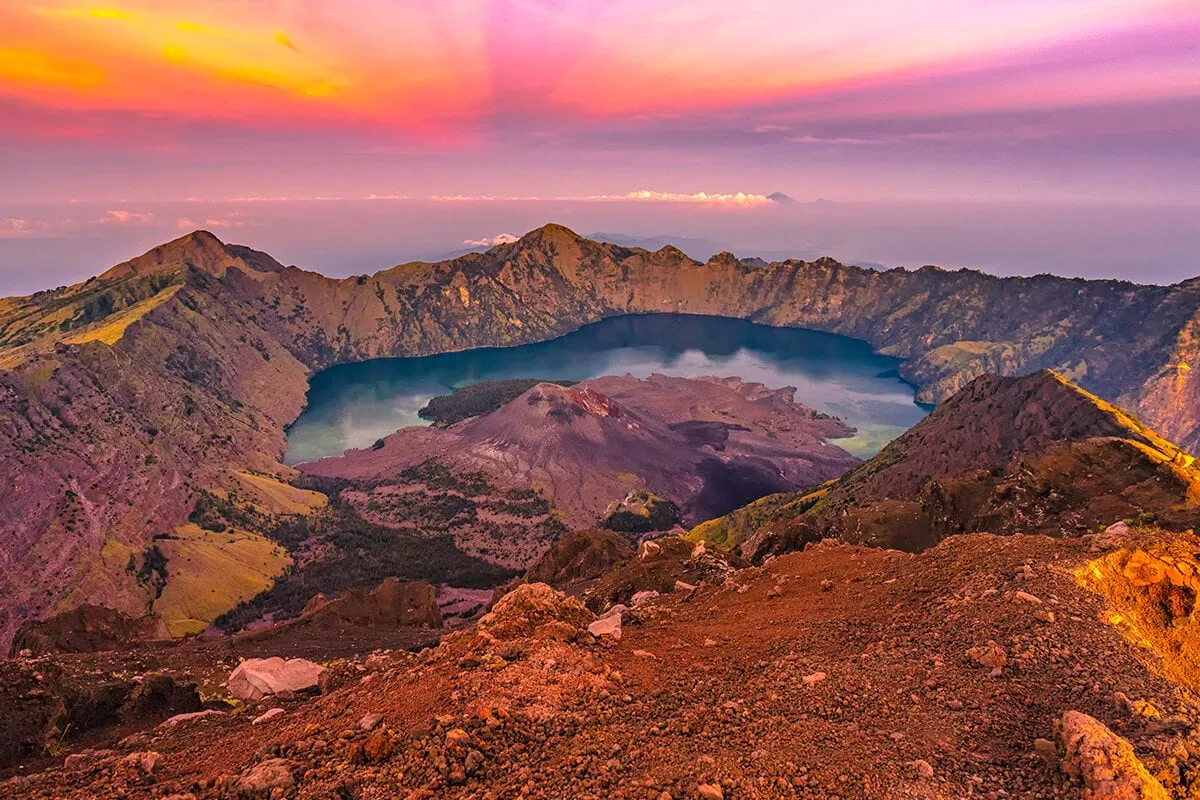
Indonesian Festivals: A Celebration of Culture and Tradition
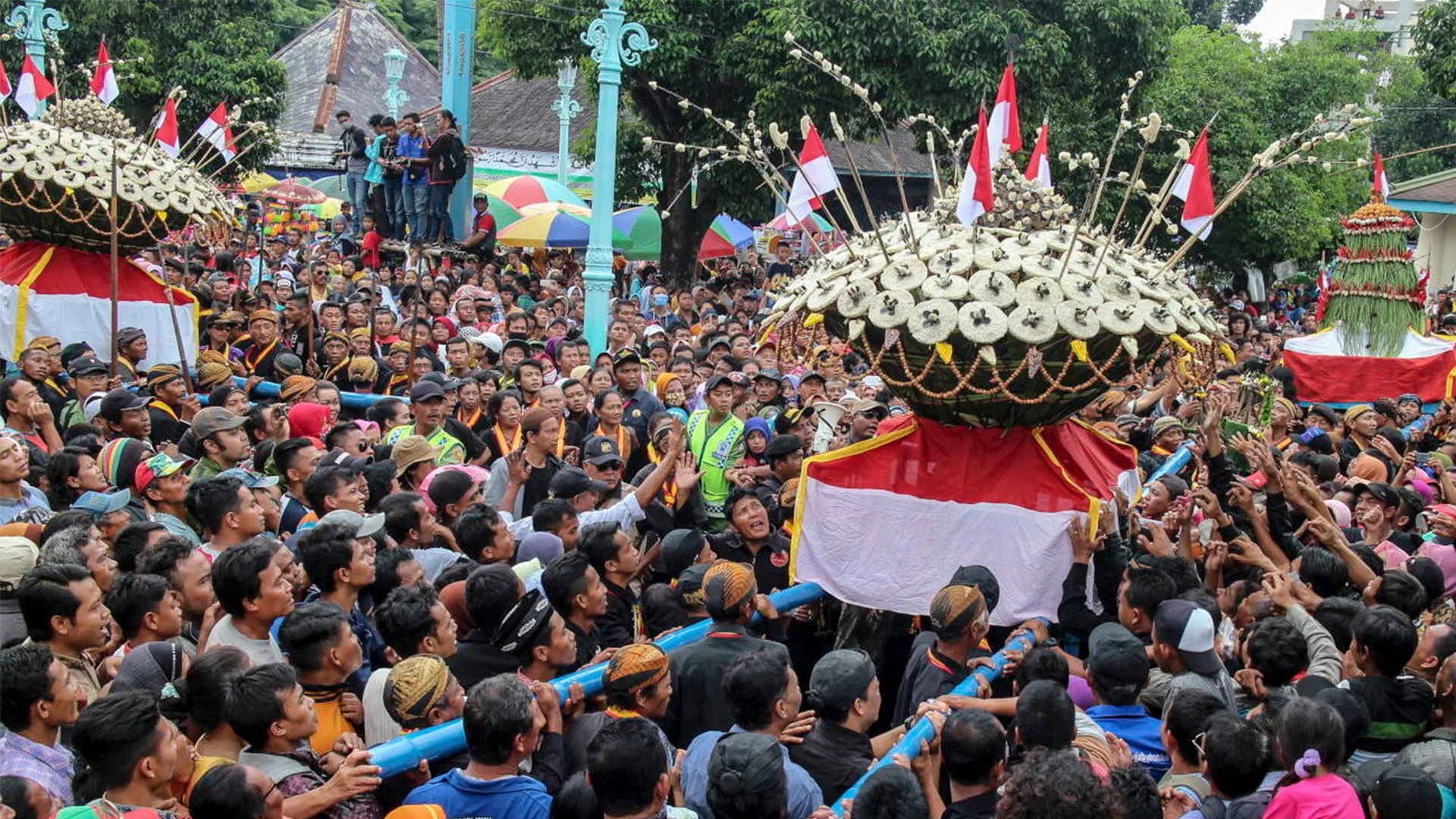
Indonesia, a vast archipelago of over 17,000 islands, is a tapestry of cultures and ethnicities, each with its unique traditions and festivals. These celebrations are not just a source of joy and entertainment but are deeply rooted in the nation’s cultural heritage, acting as a bridge between the past and the present. In this exploration of Indonesian festivals, we delve into the vibrant world of these cultural festivities, offering a glimpse into the rich tapestry that makes up the nation’s identity.
Bali’s Galungan and Kuningan: A Spiritual Journey
Bali, the Island of the Gods, is known for its deeply spiritual culture, and this is nowhere more evident than in the celebration of Galungan and Kuningan. Occurring every 210 days according to the Balinese Pawukon calendar, Galungan is a 10-day festival that celebrates the victory of dharma (good) over adharma (evil). Streets are lined with ‘penjor’ – tall, decorated bamboo poles symbolizing prosperity. Balinese Hindus spend this time with family, visiting temples, and preparing feasts.
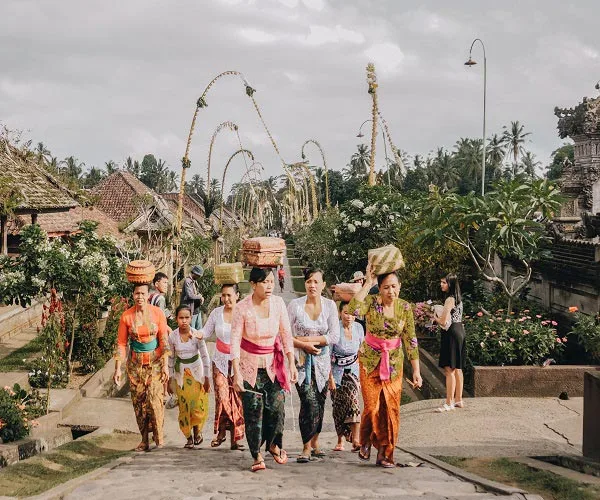
Kuningan, which marks the end of the Galungan festival, is a time for ancestral spirits to return to heaven after visiting the earth. The festivities include traditional music, dance, and offerings known as ‘banten’. These festivals are a profound reflection of the Balinese Hindu belief system and their connection to the spiritual world.
The Javanese Spectacle of Sekaten
In the heart of Java, the city of Yogyakarta celebrates Sekaten, a festival that marks the birth of the Prophet Muhammad. It is a blend of Islamic piety and Javanese culture, typically held in the Javanese month of Maulud. The festival begins with a royal procession from the Sultan’s palace, carrying sacred heirlooms to the Grand Mosque.
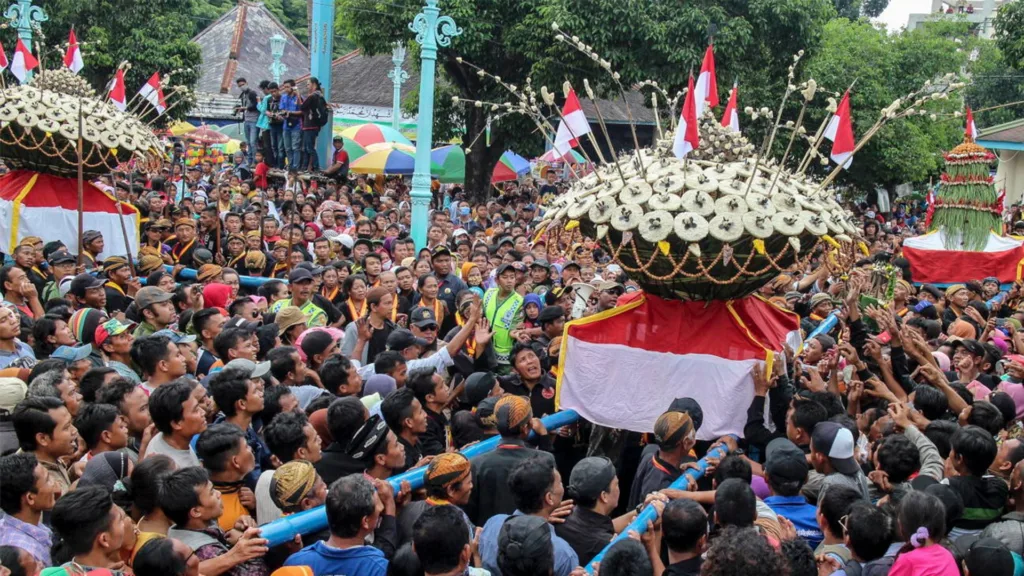
For a week, the area around the mosque turns into a lively fairground, with traditional gamelan music performances, food stalls, and markets. The culmination of Sekaten is the Grebeg Maulud procession, where a mountain of food, called ‘gunungan’, is paraded and later distributed among the people, symbolizing the blessings of God.
Toraja’s Rambu Solo: A Funeral Rite Like No Other
The Toraja people of Sulawesi are renowned for their elaborate funeral rites known as Rambu Solo. This festival-like event can last several days and serves as both a celebration of the deceased’s life and a send-off to the afterlife. The ceremonies are filled with traditional music, dance, and the sacrifice of buffaloes and pigs, which are believed to accompany the soul of the deceased.
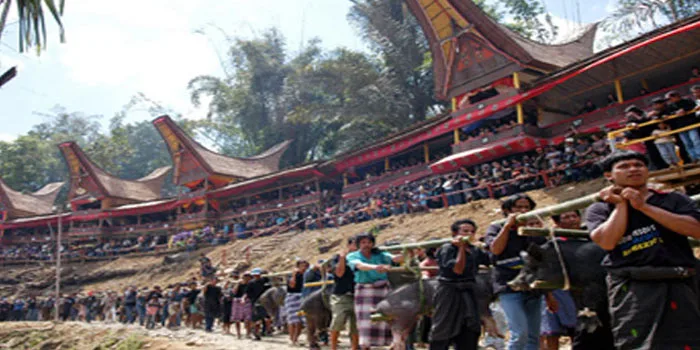
The funerals are often held weeks, months, or even years after the death to allow families to raise sufficient funds for the ceremony and gather relatives from far and wide. The Rambu Solo is a profound expression of the Torajan belief in the importance of death as part of the cycle of life.
The Colorful War of Pasola in Sumba
Pasola is a thrilling festival held in February or March on the island of Sumba. It’s part of the Marapu religion, where horse-mounted warriors from rival clans throw wooden spears at each other in a mock battle. This traditional war game is said to ensure a successful harvest and is preceded by the ritual catch of a sea worm, which predicts the coming year’s harvest.
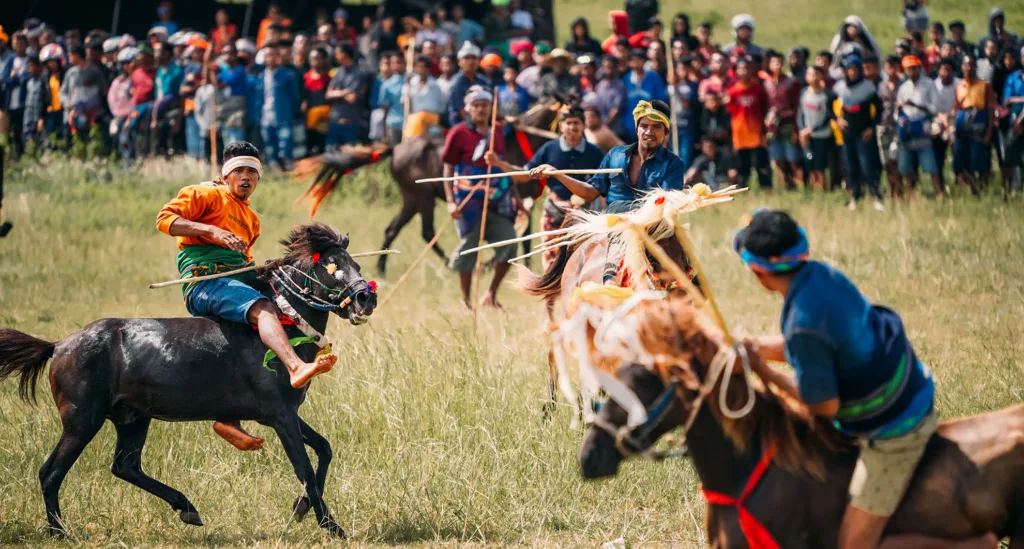
While it may appear dangerous, Pasola is a controlled event with deep cultural significance, reflecting the martial spirit and horsemanship skills of the Sumbanese people. It’s a spectacular sight that draws visitors from around the world.
The Krakatoa Festival: Celebrating a Volcanic Legacy
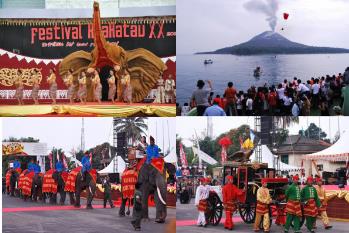
The Krakatoa Festival is an annual event that commemorates the infamous eruption of the Krakatoa volcano in 1883. Held in the Lampung province, the festival features a variety of cultural performances, art exhibitions, and sports competitions. It is a celebration of the resilience of the people and the rich biodiversity of the surrounding marine environment, which has recovered remarkably since the eruption.
The festival also includes educational programs and discussions about disaster preparedness, making it a unique blend of cultural celebration and environmental awareness.
Conclusion
Indonesia’s festivals are a window into the soul of the nation, reflecting the diversity, history, and beliefs of its people. From the spiritual ceremonies of Bali to the mock battles of Sumba, each celebration tells a story of the community’s values and way of life. These festivals are not just for entertainment; they preserve the cultural heritage and ensure that traditions are passed down through generations.
For travelers and locals alike, participating in or observing these festivals is an enriching experience, offering insights into the complexities of Indonesian culture and the common threads that bind humanity. As Indonesia continues to evolve, these festivals serve as a reminder of the nation’s rich past and a beacon for its cultural future.


